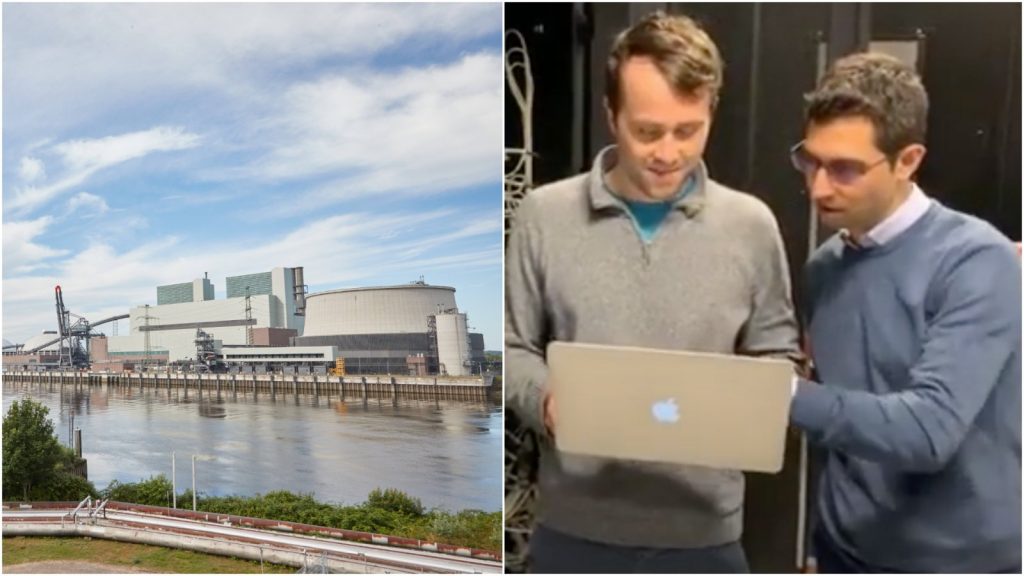Hydrogen is one of the best candidates for turning the world into non-polluting energy. But extracting this inexhaustible particle still requires fossil energy. After all, it must be extracted from water. However, Irish researchers believe they are on their way to specifically facilitating this process.
We are still waiting for the supernatural source of energy that will enable us to do without fossil fuels forever; Which – in other words – is not harmful to the environment. Nuclear power has always been seen as the way forward, but it is the right way Still a dangerous source of energy, especially in a world that is changing as fast as ours.
On the other hand, hydrogen is still popular: the International Energy Agency assured us in 2019 that this gas will play a major role in the energy transition of the future, even if it is strictly speaking an energy carrier, just like electricity. It is used to save energy Transportation Produced by a primary source.
inexhaustible source
And that’s exactly where the shoe hits: To produce hydrogen in large quantities, we currently have to use fossil fuels.
This is a shame, because hydrogen is the most abundant element in the universe. On Earth, hydrogen is a component of water — one oxygen atom and two hydrogen atoms (H2O) — and it is a living substance. 10% of the mass of the human body is made up of hydrogen.
We just need to find a clean and cost-effective way to extract it in bulk to develop an inexhaustible energy source.
get out of the water
The most interesting way is to get it from water: hydrogen (H) makes up a significant part of the H2O molecule. By separating these different components, only oxygen will be released into the atmosphere.
This can be done by electrolysis, where an electric current is passed through water to separate its components.
It’s not entirely difficult, but it is slow: This process is still two or three times more expensive than extracting from methane, which still releases carbon dioxide. So we have to find a catalyst, a substance that will speed up the reaction enough to make it more budget friendly, but at the same time no longer polluting, of course.
The ultimate catalyst
However, a team from Trinity College Dublin believes they have found a way. “A lot of work (…) is focused on efficient but expensive metals that are too scarce to do (…) the work needed to produce enough hydrogen for society. We have looked for a viable long-term option,” a statement from the foundation said. “We hope we succeed.”
- Scientists have identified three minerals that, at the molecular level, appear to speed up hydrogen extraction from water: ChromeAnd the manganese On iron.
- Researchers in Dublin chose a integrative approach In their search for the ultimate catalyst. They believe that by combining these three minerals, they are on the right track to discovering an inexhaustible source of energy from seawater.
- The ideal proportions have not yet been determined. Until recently, we were looking for a needle in a huge haystack. Having reduced the size of the haystack, we have now removed much of the remaining hay,” says chemistry professor Max Garcia Melkor.
- “I believe that researchers from all disciplines can help find solutions that enable us to live more sustainably. One of the strengths of our work is the multidisciplinary approach we use.”
Towards the next great energy revolution? Maybe our generation will see that. (lbs/ns)
Read also:

“Coffee buff. Twitter fanatic. Tv practitioner. Social media advocate. Pop culture ninja.”











More Stories
Which can cause an increase in nitrogen.
The Central State Real Estate Agency has no additional space to accommodate Ukrainians.
The oystercatcher, the “unlucky national bird,” is increasingly breeding on rooftops.